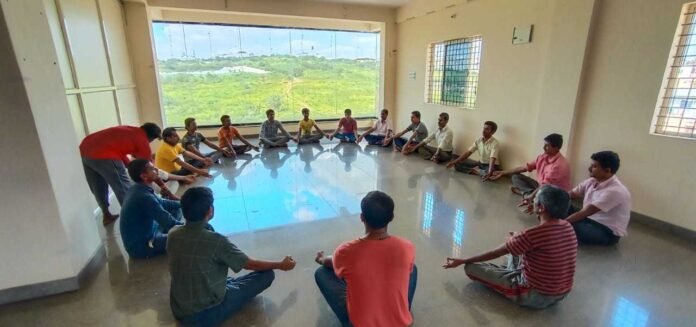Addiction has become a very serious problem in today’s generation, but there is little awareness among young people about how and where to get help.
If you or someone you know is suffering from chronic addiction problems, don’t think that can do anything to help them. You can seek professional assistance because it is a treatable condition, visit a de-addiction centre and they will assist you.
The main issue is that in a country like India, where there are population problems, non-functional regulatory bodies, and low awareness among seekers, the entire scenario is shabby and cloudy. So, read on to know a little bit about what is a de-addiction centre and how it can help people.
Many professionals work in a de-addiction centre to assist alcoholic addicts in overcoming their addiction and returning to normal life. De-Addiction is a process that can take days, weeks, or even months to complete.
De-addiction should not be seen as a punishment. This is for people who are down on their luck and unfortunate circumstances in life that lead them down this lowly path. They’re necessary for people who want a better life free of alcohol controlling their life decisions.
As a result, the atmosphere in this type of facility is usually conducive and comfortable for a stay. They assist many young people in overcoming their drug cravings and in dealing with withdrawal symptoms while in recovery.
The de-addiction centers are also progressing with medical advancements, especially in the field of treatments. The process of de-addiction is a scientific process that is based on multiple pieces of evidence and must adhere to the Bio-Psycho-social model when treating patients.
First and foremost, they assist patients with detoxification, as well as assess their physiques and decide the strategy with which they can manage the situation through treatments. Sometimes, they recommend some medicines to help them deal with the drug cravings in a controlled environment.
Not only do these de-addiction centers address the patient’s physical health, but they also aid in the improvement of the patient’s psychological, cognitive, and overall mental health.
They assist patients in answering some of the most important questions they may be avoiding, such as why they became addicted in the first place, why they want to recover, and how far they can go to receive help.
When the patients are clear with their motives of being at the facility, they start working hard to get rid of the addiction and, in the process, regain control over their actions. Some of the popular treatment strategies include CBT, MET, DBT, MBCT, and others.
A de-addiction center combines the best clinical and medical treatment possible with innovative therapeutic approaches and support for total psyche, body, and spirit healing.
There are numerous services available to alcoholics, including hospitalization and detoxification, behavioral counseling, psychotherapy, extracurricular opportunities, and outreach programs.
With different new techniques being integrated, patients are more likely to advance and move easily from one curriculum to the other to become and remain drug-free.
Apart from counseling and medicines, many facilities also introduced therapeutic approaches such as meditation, paintings, literary works, songwriting, pranayama, and so on. As a result, there is a huge change in the lifestyle pattern of the addicts in these facilities, and they can gradually return to their normal pace. This is how the de-addiction centers are helping out the health industry.


